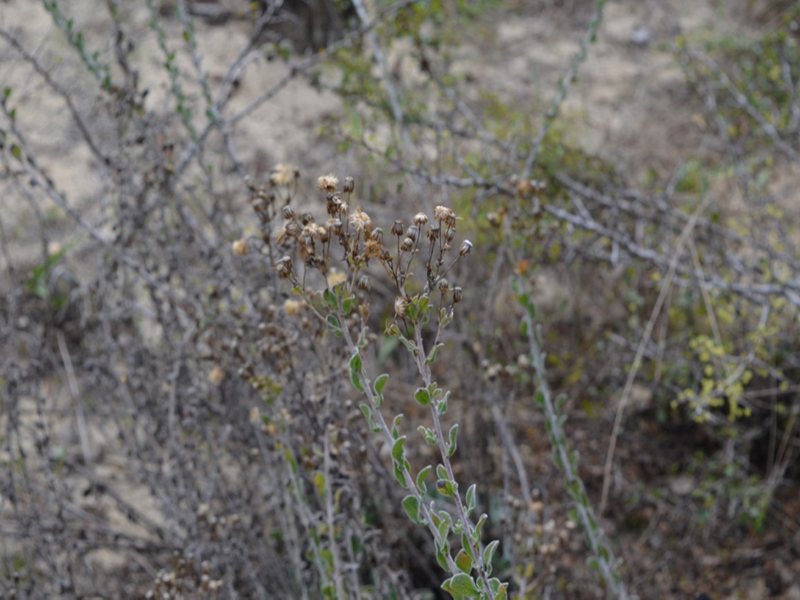| General Description | Perennial herb 15 - 50 cm tall, with erect, purplish, waxy stems. |
| ID Characteristic | The common name of this species refers to the petals of the chasmogamous flowers, which resemble wings (bird-like appearance). |
| Shape | The thick horizontal root, which may grow to more than 2 m long, bears one to several purplish, glaucous, wiry, very straight stems. |
| Propagation | Clitoria fragrans has two kinds of flowers; the colorful chasmogamous flowers are pollinated by insects, while cleistogamous flowers are self-pollinating. Cross-fertilization of cleistogamous flowers is prevented, since the flowers do not open. ). Chasmogamous flowers bloom from May to June. Cleistogamous flowers occur later in the summer through late September. |
| Notable Specimens | Bok Tower Gardens, Lake Wales, Florida, United States of America. |
| Bark/Stem Description | Stems one to several from a woody, thickened base, erect, 1 - 2 mm thick, purplish, slightly glaucous, usually unbranched, weakly ziz-zag above, nearly straight below. Taproot 0.5-2 m long. |
| Leaf Description | Leaves alternate, with 3 leathery leaflets, oblong, leaflet tip rounded , upper surface dark green with conspicuous veins, lower surface pale green and waxy. |
| Flower Description | Showy, fragrant; 2 short wing petals curve forward, almost covering 2 keel petals; banner petal almost 5 cm long, pink to lavender-blue with purplish veins and large white spot; flowers twisted on their stalks so that the banner petal is lowest. Clitoria fragrans have chasmogamous (insect pollinating) and cleistogamous (self-pollinating) flowers. The chasmogamous flowers usually occur in pairs, each corolla consisting of one 3.5 to 5 cm-long. |
| Fruit Description | The seed pod (legume) is 5 to 8 cm long and extends from the calyx, waxy, flattened, depressed between the seeds. |
| Texture Description | This species can be confused with C. mariana but can be easily distinguished as C. fragrans has purplish, glaucous stems, non-twining habit, narrow leaflets, smaller flowers, and long-stipulate fruit. All parts of plant are poisonous if ingested. |
